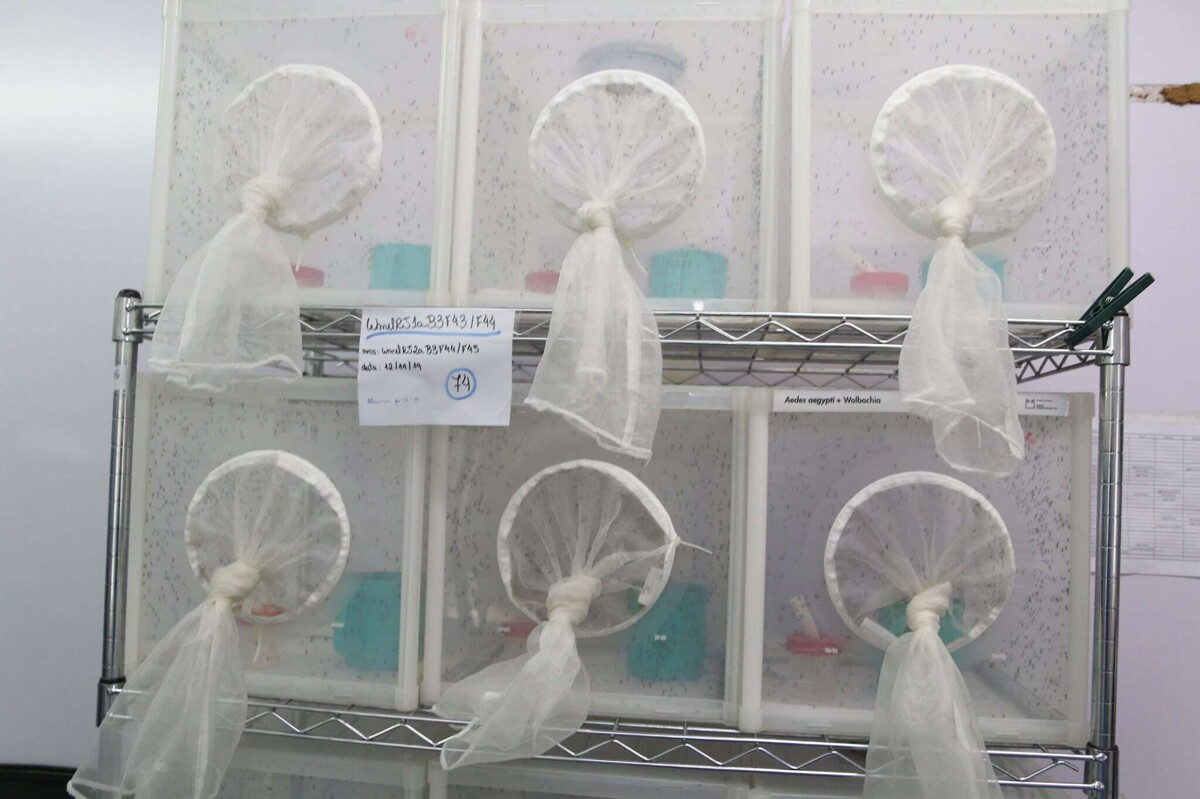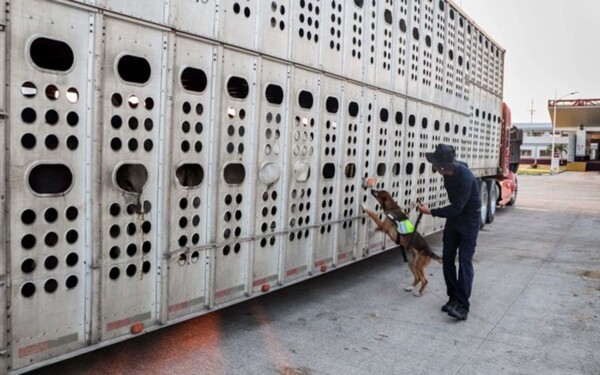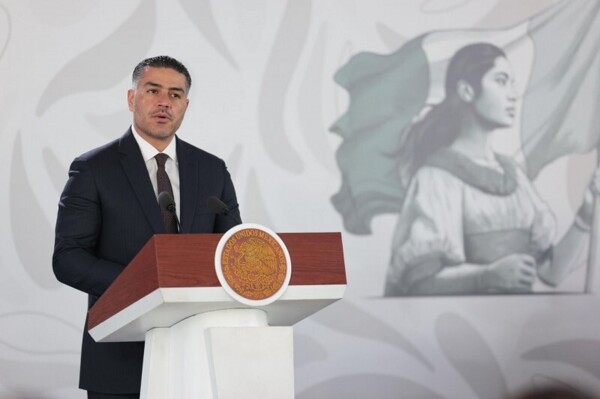
The Health Secretariat of the State of Jalisco is preparing a campaign to combat the increase in dengue cases in the region. The health head, Héctor Raúl Pérez Gómez, has revealed that the strategy will focus on preventing the reproduction of the disease's transmitting mosquito. To achieve this, the release of genetically modified mosquitoes is planned for May, as well as the distribution of guppy fish, which plays a crucial role in biological control in municipalities of Jalisco with high dengue rates.
In 2024, Jalisco reported more than 20,900 cases of dengue and 66 deaths due to this disease, placing it in first place nationally in the number of cases. The Secretary of Health of Jalisco, Hugo Raúl Pérez, mentioned the importance of preventing the situation from repeating in 2025, which is why the campaign "In Jalisco, No Truce Against Dengue" has been launched.
The mechanism used to control dengue in Jalisco is known as "Wolbachia". This technique involves the release of genetically modified mosquitoes that contain a bacterium called Wolbachia, which induces sterility in male mosquitoes, preventing reproduction in females and, consequently, the proliferation of the transmitting mosquito.
The Wolbachia method has been implemented in other countries in Central and South America, as well as in two federal entities of Mexico: Baja California Sur and Jalisco. According to the World Mosquito Program, introducing the Wolbachia bacterium into Aedes aegypti mosquitoes significantly reduces the transmission of dengue, Zika, chikungunya, and yellow fever.
The Health Secretariat of Jalisco has also presented the campaign "In Jalisco, No Truce Against Dengue". This initiative includes actions such as increasing the number of health promoters, certifying areas free of breeding sites, deploying mobile modules to promote preventive measures, and providing care to patients with dengue symptoms.













